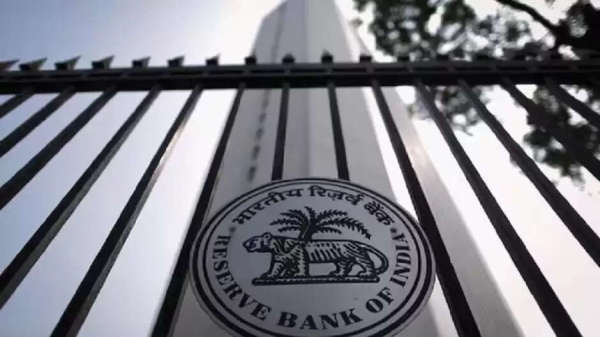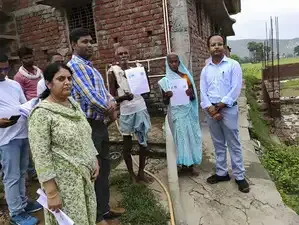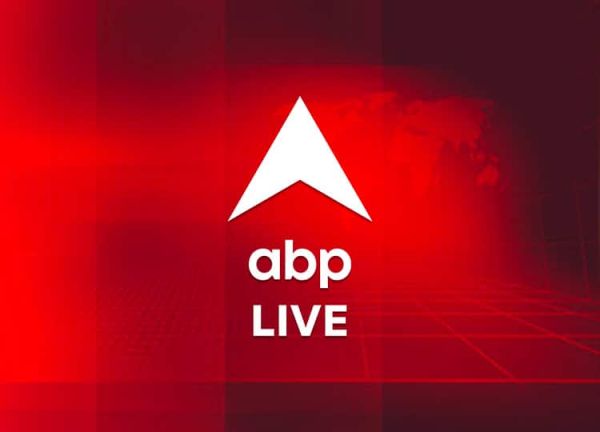
In a significant policy update, the Reserve Bank of India (RBI) has rolled out new lending rules aimed at improving financial access for farmers and Micro, Small & Medium Enterprises (MSMEs). A fresh circular issued by the central bank mandates all eligible banks to accept gold and silver as collateral, even in cases where loans are typically sanctioned without security.
This proactive step by RBI is intended to offer more flexibility and smoother credit flow to key sectors like agriculture and small businesses—both vital contributors to the Indian economy.
🔔 What’s the New Rule?
RBI has officially stated that:
-
Banks must accept gold and silver offered voluntarily by farmers or MSME borrowers as collateral,
-
Even if the loan falls under the collateral-free lending category, banks cannot reject the borrower’s voluntary offer to pledge gold or silver.
Importantly, this change does not violate the existing guidelines for collateral-free loans, according to the RBI’s clarification.
🏦 Who Has to Follow These Guidelines?
The new rules apply to all major banking institutions, including:
-
Scheduled Commercial Banks
-
Regional Rural Banks (RRBs)
-
Small Finance Banks
-
State Cooperative Banks
-
District Central Cooperative Banks
However, it’s worth noting that collateral-free lending guidelines do not currently apply to RRBs and cooperative banks, even though they are still required to accept gold/silver when voluntarily offered by the borrower.
💡 Why Is This Important?
This move is seen as a major reform in agricultural and MSME financing, offering borrowers more autonomy and trust-based lending options. Farmers, who often possess family gold or silver assets, can now use them as a financial tool to secure loans during urgent times, even when formal collateral isn't required.
The change also empowers MSMEs that may wish to offer precious metals to strengthen their loan applications, potentially resulting in better loan terms or faster approval.
📊 RBI Calls for Unique Borrower Identification to Fix Credit Data Gaps
In another related development, the RBI is also focusing on enhancing the accuracy and integrity of credit reporting in India. During a recent TransUnion CIBIL Credit Conference, RBI Deputy Governor M. Rajeshwar Rao highlighted ongoing issues in credit data accuracy and duplication.
He emphasized the need for a "Unique Borrower Identifier" across the financial ecosystem. According to him, standardizing borrower identity is now a critical priority, as the current system suffers from inconsistent records, duplicate data, and identity mismatches—all of which hinder precise credit assessments.
🧩 Why a Unique Identifier Is Crucial
Currently, Credit Information Companies (CICs) depend on banks and lenders for accurate borrower details. However, due to the absence of a standardized identifier, problems such as:
-
Duplicate credit records
-
Incorrect identity mapping
-
Data mismatch across banks
...continue to disrupt credit assessment and pose serious risks to the decision-making process in financial institutions.
RBI’s emphasis on developing a secure, verifiable, and system-compatible borrower identifier aims to address these challenges and strengthen India's credit infrastructure.
📌 Final Takeaway
RBI’s dual initiatives—making loan rules more flexible and improving borrower identity systems—are forward-looking reforms. They aim to:
-
Simplify access to loans for farmers and MSMEs,
-
Reduce procedural rigidity,
-
And enhance the reliability of credit reporting across the country.
As a borrower, especially if you're part of the agriculture or MSME segment, this means you now have greater control over how you secure your loans. And as the banking system progresses toward unified borrower IDs, expect more transparent and efficient lending experiences in the near future.
-
Bihar in focus as ECI flags unusual rise in foreign nationals on voter rolls

-
South Africa's Ramaphosa appoints Indian-origin activist as Minister of Police

-
Brace for 15-foot surge: Fresh flood warnings issued for Central Texas as search efforts halted

-
World's 7 forbidden places. One of them lies in India

-
Kerala nurse Nimisha Priya to be executed on July 16 in Yemen. Gravity of charges against her are hindering relief efforts
